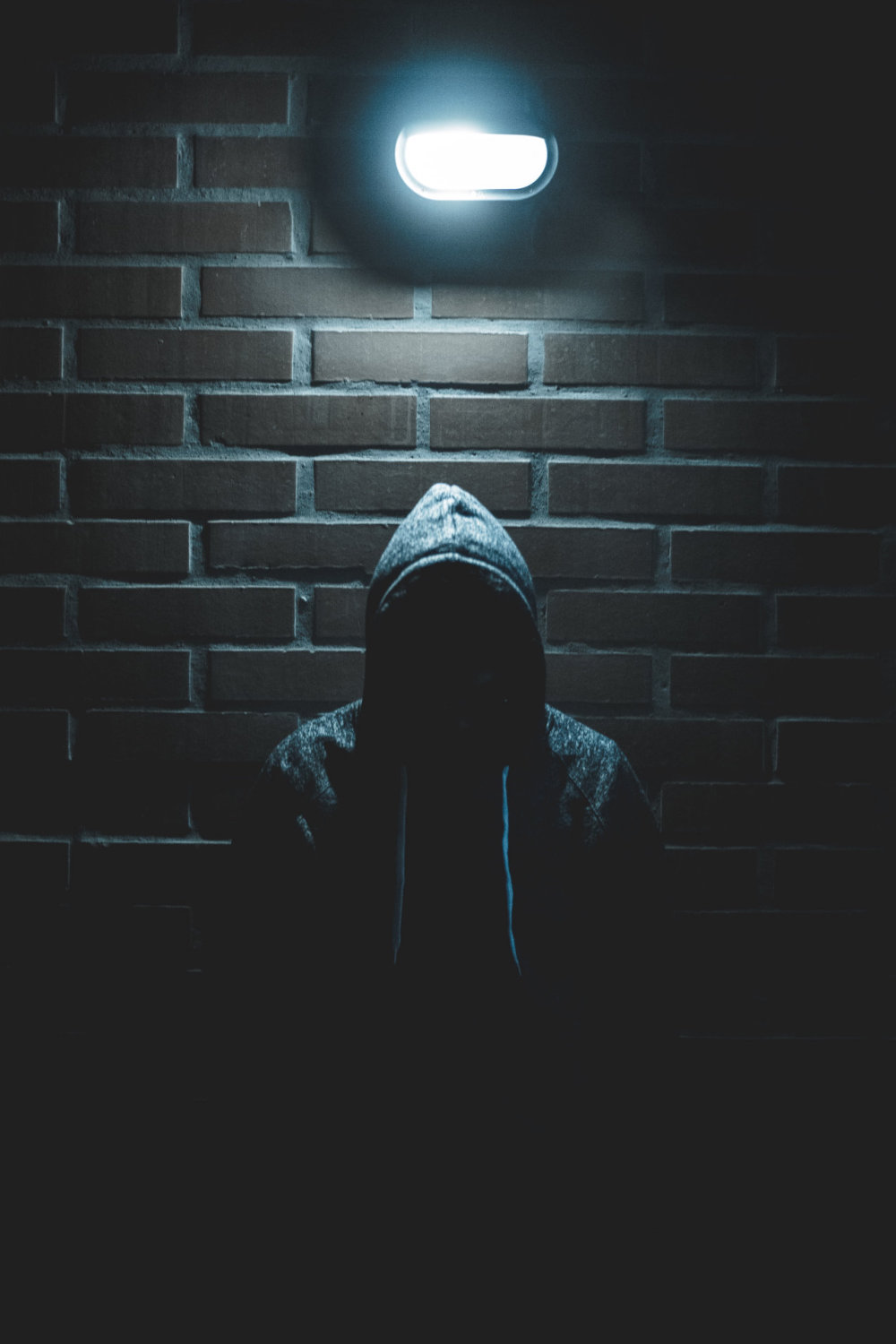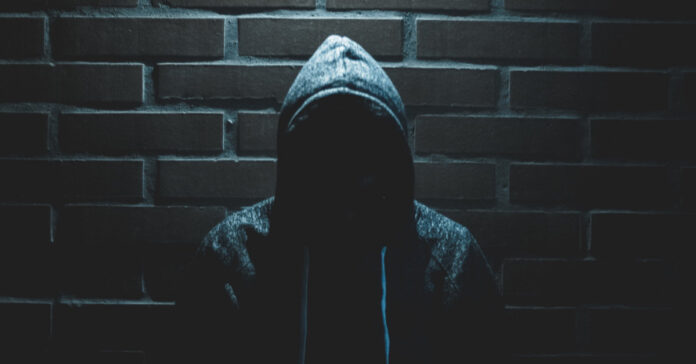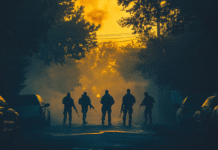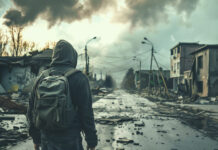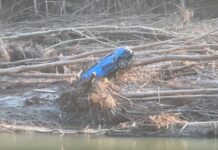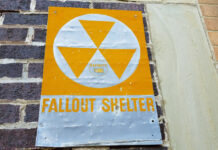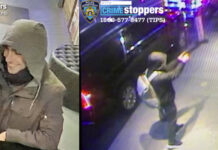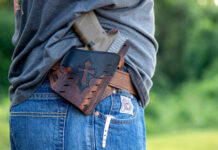I learned a new term today, and it’s one I’m likely to borrow and reuse: crisis-created criminals. I don’t know who coined the term, but I heard it in a Paul Harrell video, which is posted at the end of this article.
A crisis-created criminal, which I will abbreviate as a CCC, is someone who would not commit a crime or act violently during normal times, but will do so after a crisis when there is no rule of law. These are otherwise decent people who are “forced” into crime because of circumstances. (I put forced in quotes because I think it will be a choice. They may feel they have no other choice, but it will always be a choice.)
A CCC could be opportunistic and attack you to steal your stuff because you look like a victim and they see an opportunity to better their position in what is suddenly a dangerous world. Another CCC could be driven by thirst, hunger, or desperation. You might frighten off the former by showing a weapon, but the latter may be incapable of thinking clearly or too desperate to care.
The potential presence of CCCs is why I carry a rifle, spare magazines for my pistol and extra ammo for both in my truck. It’s why we have positions where we would intercept attackers before they reach the house. It is also why I moved to the middle of nowhere with a low population density.
I’ve always believed these people will be out there after the SHTF, I just didn’t have a convenient term for them.
Crisis-Created Criminals
One thing I like about the designation is calling them criminals positions them as the bad guy. Is that a desperate father? No, it’s a criminal. That may make it more palatable for someone who has to shoot them. When they are criminals, it’s easier to think of it as self-defense. It may well be an “us or them” scenario, regardless of whether they are a criminal, a desperate father, or both.
Unless whatever version of TEOTWAWKI strikes eliminates large swaths of the population, leaving us preppers alive, we’re going to have to deal with the unprepared. Many of them may well become CCCs.
When someone comes asking for help, it’s easy to give when we have plenty. It’s tougher when every spoonful you give away is one you take from your kid’s mouths. In a post-apocalyptic scenario where the utilities have failed, the shelves are empty, and the cities have become war zones, we small few who prepared cannot feed the unwashed masses.
It’s simple mathematics. If you have stored 10,000 days’ worth of food, you can feed four people for 2,500 days, about seven years. Or, you can serve 10 people for 1,000 days, a little less than three years. But if you have to feed thousands, you’ll all run out in a few days. So, protecting your food supply and your resources from CCCs will be self-defense.
Death and Killing
When I got my first concealed carry permit more than 30 years ago, I didn’t do it casually. Instead, I thought about, and I recognized that when I carried, every room I went into would have a gun in it, and that guns are dangerous and can kill people, all too often their owners. I also considered that I might kill someone who attacked me, and that I had to be OK with taking a life. I decided I was prepared to live with the consequences. After I applied for my CCW, I went out and got a large life insurance policy.
I’ve lived the past 30 years knowing that I might one day be called upon to shoot and kill someone. In virtually every scenario, they would be a criminal. The idea of killing a criminal, crisis created or not, is therefor not foreign to me, but it may be to you, or to your spouse or teenager. I think the answer is to give people a chance to back down, if time and circumstance allow. Use warning signs, for example, and if someone ignores the sign, then you know they are looking for trouble.
I’ll leave it up to you to consider whether you should use warning shots. Consider your ammo stockpile and that a warning shot is actually a miss, both a missed shot and potentially a missed opportunity. Will a warning shot scare the CCCs off, or will it drive them to cover, from which they can fire back at you? If they have bad intent, are you losing the advantage of surprise by firing a warning shot? It all depends on the many variables of your scenario. I don’t want to kill innocent people, but at what point do they stop being innocent?
Don’t Become One
When fighting criminals, do your best not to become one. For example, if it is six months after the catastrophe and more than half the population is dead, I might be temped to liberate some goods from the empty houses of people who either do not live here fulltime, never made it home, or died early in the crisis.
I am not planning to systematically go through their homes, taking their jewelry and other valuables. I’m going to start by harvested the fruit from their bushes and trees so it doesn’t go to waste. That’s a justifiable action, but it’s the first step on a slippery slope. At some point, I may look in their garage and liberate a can of gasoline or kerosene. I expect a time may even come when their kitchen cupboards might become fair game, if no one has beaten me to it. Does that make me a criminal, an opportunistic criminal, or is it an appropriate action and one the changing rules of a post-apocalyptic scenario allow?
One thing I will not do is storm their house, kill anyone who is alive inside, and then strip it of everything useful like a horde of locusts. But that’s likely what organized gangs will do, whether they are CCCs or have been living the criminal life since well before TEOTHWAWKI. That’s the danger we all face, whether in the immediate aftermath of the disaster or months later.
The Video
Paul’s video is about the guns he recommends storing in a get-home bag. I practice recommendations 1, 5, and sometimes 4. Skip to 8:23 if you want to skip to the five recommendations.
